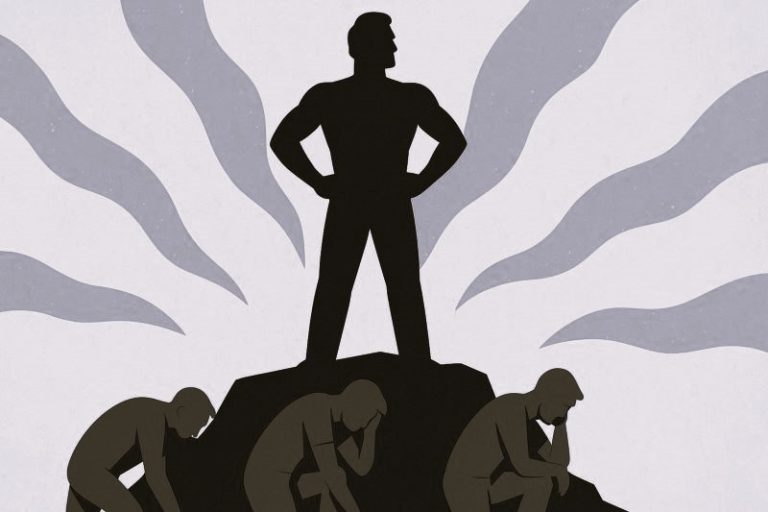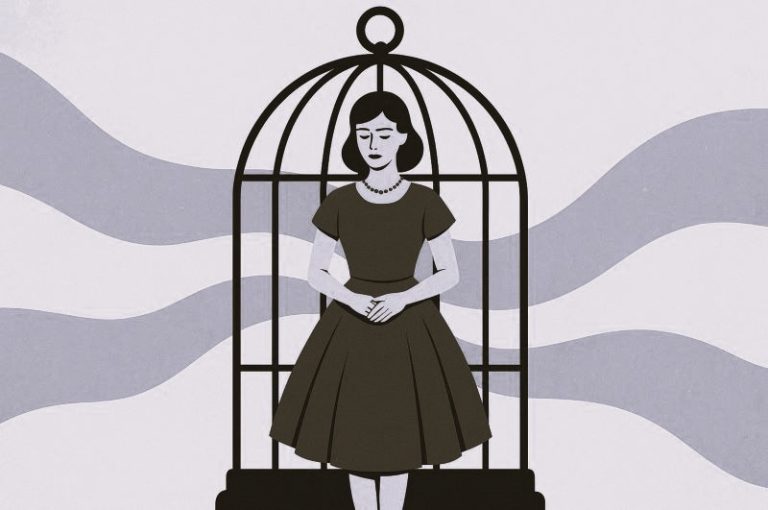

This selective editing process has extended into literature via the sanitizing of various books.
We have recently seen some inspiring and tragic examples of the defense of freedom of speech. The French satirical magazine Charlie Hebdo continued to publish last month (and also in 2011) after barbaric attacks supposedly made in the name of Allah. In the U.S., the Sony Corporation ultimately decided to show the film “The Interview” even under threats of brutal retaliation from North Korea. Neither the North Korean nor the Islamist groups were able to limit our abilities to criticize others, express our views or access information.
So why is the United States moving to impose a sanitized and theocratic American history on our children?
We consider our freedom of speech and the press to be sacrosanct. But these same constitutional rights have recently been misused by those trying to misinform our children regarding numerous inconvenient historical truths in service of politics and religion. Freedom to speak our minds is not the same as “freedom to teach.” As a parent, a pediatrician and an educator, I think that school boards and departments of education should be held to a higher standard of “truth telling” than a soapbox orator. Knowingly misrepresenting our history or language constitutes intellectual harassment of our children and it is going on now.
{Slavery and the subsequent abuses of civil rights of African-Americans would probably top the list of the most embarrassing and inhumane chapters in American history. Government archives contain bills of sale of slaves even after the Emancipation Proclamation. The lynching of black Americans continued well into the second half of the 20th century. These are documented truths, but a surprisingly large population of Americans has elected to whitewash them. In response to demands from official organizations, such as the Texas State Board of Education, textbook companies are rewriting American History. The slave trade is referred to as the “Atlantic Triangular Trade” in an attempt to expunge slavery from our history by focusing on transportation of goods (which happened to include slaves) between countries (i.e., not on the American shores) from the late 16th to early 19th century, and downplay the treatment by white Americans of those people whom they subsequently purchased.
READ ENTIRE ARTICLE AT THE HILL






